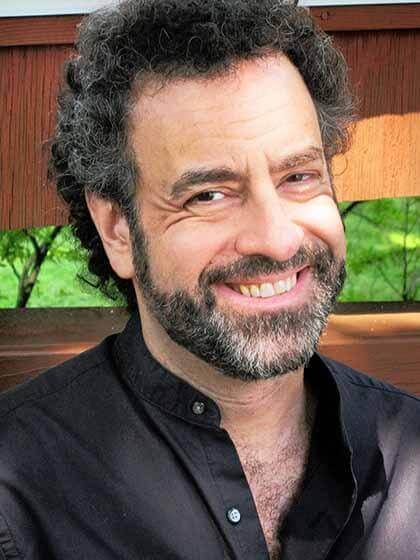By Anna Gustafson
When Donald Unger speaks about his new book at the Forest Hills library, he is hoping the dialogue will bring gender equality a little closer to becoming a reality.
A writing lecturer at the Massachusetts Institute of Technology, Unger will highlight one of the chapters of his book, “Men CAN: The Changing Image and Reality of Fatherhood in America,” Oct. 16 at 2 p.m. at the Forest Hills library. Part of a book that discusses the impact gender roles have on fathers, the chapter analyzes images of men in advertising that portray them as bumbling fathers who are clueless as to how to take care of their children or help out with domestic chores.
“I’ve always hated that image of the doofus dad,” Unger said. “It’s a nasty trick for women because the bottom line is yes, he’s an idiot and you get to feel superior, but it means you have to do all the work.”
The author, whose mother lives in Forest Hills, tells the stories of a half dozen families of different ethnicities, geographical locations and philosophical orientations in which fathers are either the primary caregivers or share equally in child-rearing responsibilities.
In the 240-page book published this summer by Temple University Press, Unger details the United States’ changing landscape for fathers — and how he believes it needs to shift further so men can feel supported by society at large to participate more on the homefront.
“I want to see the domestic sphere opened up to men,” said Unger, who argues in his book that society has more openly embraced the idea of women in the working world than of men who choose to be stay-at-home fathers.
He specifies in the book that he is not necessarily arguing that all domestic chores and child-rearing must be split directly down the middle, but that parents should be able to choose who does what.
“I’m not arguing for absolute parity in domestic labor,” Unger writes. “I’m not arguing for the superiority of ‘at-home’ parenting, however divided or configured vs. paid child care .… What I am arguing for more than anything is a greater openness to choice. I believe this would have a positive effect on parents, on children, on families.”
Growing up in Manhattan in the 1960s, a time when radical gender change was happening because of the feminist movement, Unger was the child of parents who advocated strongly for equality between the sexes. After being exposed to ideas of gender equality, Unger decided to focus his academic efforts on the topic and wrote his doctoral dissertation on gendered language, which then inspired him to write the book.
The book was also inspired by his own daughter, Rebecca Unger, who is now 15. When Rebecca was about 3, Unger and his attorney managed to persuade Mobil Oil Corp. to put changing tables in the men’s bathrooms at rest stops along Route 15, which includes the Wilbur Cross, Merritt and Hutchinson River parkways.
“It wasn’t unusual for me to travel alone with my daughter because my wife had so much work, and I’d go into these men’s bathrooms and there were no changing tables,” Unger said. “I knew they had them in the women’s rooms, and it made me really angry. It was really upsetting. You’re trying to take care of this child and you don’t have these resources.”
The Forest Hills library is at 108-19 71st Ave. The event is free and open to the public.
Reach reporter Anna Gustafson by e-mail at agustafson@cnglocal.com or by phone at 718-260-4574.

































